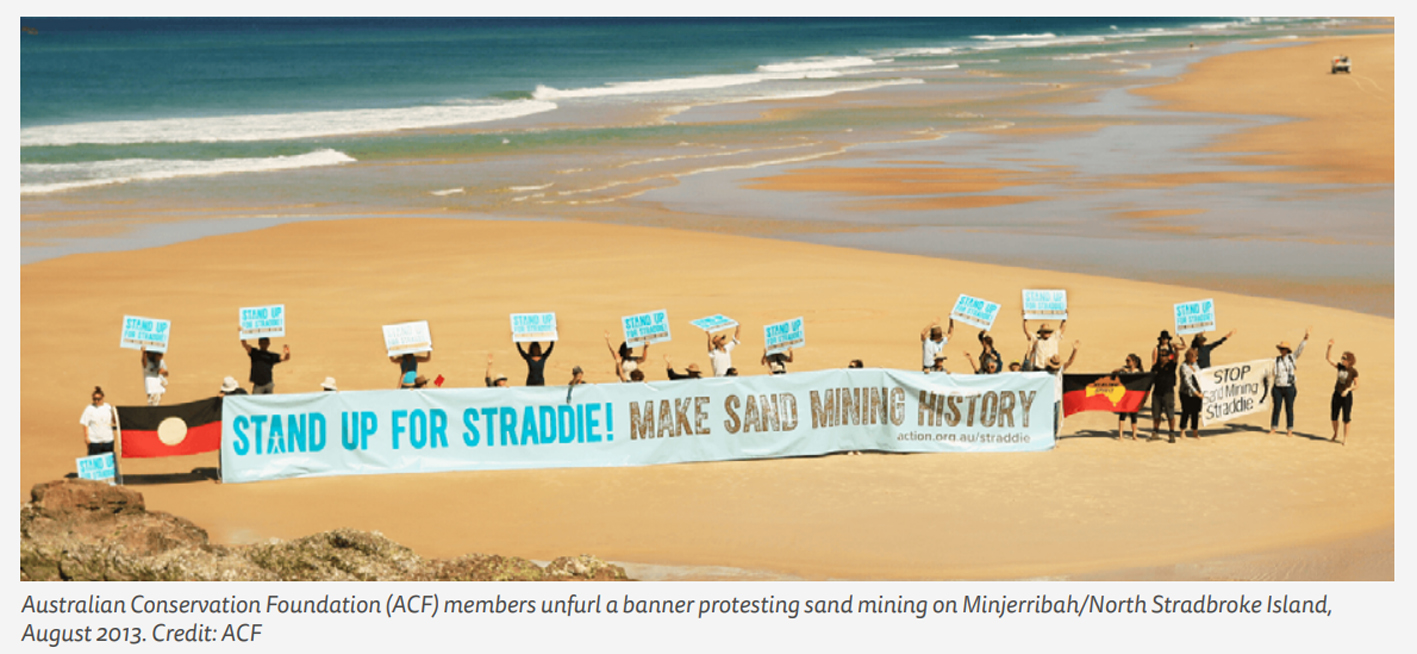News and Events
MED MSP CoP IV Webinar: Sharing knowledge as key for advancing MSP practice: examples from other communities of practice and knowledge platforms
Tuesday 13th February 2024 11:00-12:15 CET
The MED-MSP-CoP organises a series of technical Webinars to:
• Disseminate valuable practices on MSP in the Mediterranean
• Illustrate how such experiences tackle some of the key challenges addressed by the MED-MSP-CoP, including “MSP for MPAs” and “MSP as key enabler for SBE strategies and initiatives”
• Provide a regular opportunity for an open discussion on MSP-related issues of common interest for the MED-MSP-CoP experts
• Invite any other experts in participating to the discussion and more in general to join the MED-MSP-CoP.
The IV MED MSP CoP Webinar will be chaired by Emiliano Ramieri (CNR ISMAR) and includes two presentations:
11:00 – 11:25
MSP-OR Platform: an ocean governance hub: for the Outermost Regions, Helena Calado (University of Azores)
11:25 – 11:50
MSP4BIO CoP: a platform to co-develop a better alignment of MSP and MPAs management, Margarita Stancheva (Center for Coastal & Marine Studies)
11:50 – 12:15 Moderated discussion
If you are not a member of the MED-MSP-CoP and you would like to participate in the Webinars please contact at:
For further updates, please follow: https://maritime-spatial-planning.ec.europa.eu/events/med-msp-cop-iv-webinar-sharing-knowledge-key-advancing-msp-practice-examples-form
CCMS team at the MSP-GREEN Workshop in Turku, Finland, 19-20 June 2023

MSP-GREEN project experts from the coasts of all European sea basins have gathered in a exchanging Workshop in Turku, Finland on 19-20 June 2023, to actively discuss how the MSP enables the European Green Deal (EGD) in their countries.
The main topic of the Workshop was to exchanging results from the analysis of the EGD component of the national MSP plans in partner countries under the MSP-GREEN project (Maritime Spatial Planning as enabler of the European Green Deal), co-financed by the European Maritime, Fisheries and Aquaculture Fund of European Union, Grant Agreement: 101081314 - MSP-GREEN - EMFAF-2021-PIA-MSP. The Workshop was organized by the MSP-GREEN partner, Regional Council of Southwest Finland (RCSW FI).
During the workshop, CCMS team presented the main results from the analysis (desk-based and interviews) on the EGD elements integration in the Bulgarian MSP Plan and took an active part in the working meeting and the discussions held.
Stay tuned for further information and details on the MSP-GREEN progress and results via the website and social media:
https://mspgreen.eu/
https://twitter.com/MSPGREEN22
EGU2024 GM9.2 Session: Coastal Zone Geomorphological Interactions: Natural and Human-Induced Driving Factors

It is our great pleasure to invite submissions to the following Coastal and Marine Session at the EGU General Assembly 2024 meeting, Vienna, Austria & Online | 14–19 April 2024 GM9.2 Session: Coastal Zone Geomorphological Interactions: Natural and Human-Induced Driving Factors.
Conveners: Hannes Tõnisson, Margarita Stancheva, Andreas Baas, Riko Noormets, Rosa Molina Gil
The Session is Co-sponsored by the Commission on Coastal Systems (CCS) of the International Geographical Union (IGU) (https://igu-coast.org/).
ABSTRACT SUBMISSION: https://meetingorganizer.copernicus.org/EGU24/abstractsubmission/48147
IMPORTANT DATES:
• 01 Dec 2023, 13:00 CET Deadline for support applications
• 10 Jan 2024, 13:00 CET Deadline for receipt of abstracts
Coastal zones worldwide face a great variety of environmental impacts as well as increased anthropogenic pressures of urbanization and rapid population growth. Over the last decade coastal erosion has emerged as a widespread problem that causes shoreline retreat and irreversible land losses. The attempts of managers and other stakeholders to cope with erosion using different types of hard engineering methods often aggravate this problem, damaging natural landscapes and ecosystems in unexpected and unpredicted ways. Other negative impacts of human activities on littoral environments are the chronic and punctual pollution of beach and coastal sediments, with associated health risks for human beings.
OCEAN SAND: PUTTING SAND ON THE OCEAN SUSTAINABILITY AGENDA – Ocean Risk and Resilience Action Alliance (ORRAA) Report published

Sand in the ocean ecosystem. The marine and coastal environment is both a sink for sand delivered from rivers and an active source of sand, continuously subject to erosional and depositional processes, longshore currents, tides, waves and bio-erosion. Naturally-occurring sand acts as both a connector and a buffer at the land-sea interface, functionally linking the marine and terrestrial ecosystems while protecting the land and stabilizing the coastline in what is generally considered one of the most costeffective climate mitigation strategies to enhance coastal resilience. It underpins island morphology, shapes the seabed, controls coastal erosion, offers essential nutrients and maintains biodiversity through the formation of sand bars, beaches, dunes and other coastal landforms that support highly specialized biotic assemblages and provide habitat for a wide variety of species.
